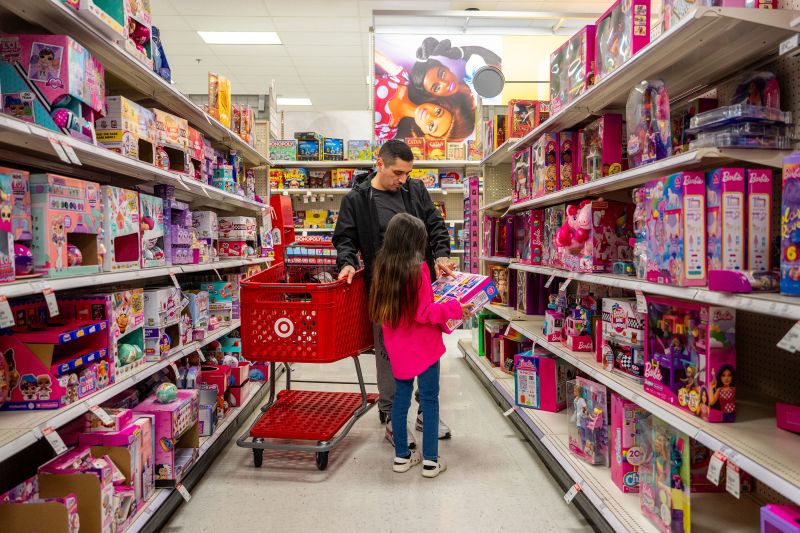
Record-Breaking Super Saturday: Projected 142 Million Christmas Shoppers on a Single Day in 2023

Get ready for the ultimate shopping extravaganza! Super Saturday 2023 is set to welcome a staggering 142 million one-day Christmas shoppers, making it the most anticipated event of the year for last-minute gift hunters
Instead of focusing on the Super Bowl, holiday shoppers are gearing up for the real event of the year: Super Saturday.
With Christmas Eve falling on a Sunday, Americans have the opportunity for a weekend of last-minute shopping before the holiday. Research from Sensormatic Solutions predicts that December 23 will be the busiest shopping day of the year, second only to Black Friday.
According to the National Retail Federation (NRF) and Prosper Insights & Analytics, an estimated 142 million shoppers are expected to make purchases in stores or online this Saturday. This marks a significant increase from the 126 million consumers who shopped on Super Saturday in 2017, which also fell on December 23. "This year, Super Saturday is perfectly timed for last-minute shoppers," stated Phil Rist, Executive Vice President of Strategy at Prosper Insights & Analytics on December 13th.
A family shops for holiday gifts in a Target store in Austin, Texas, on December 21.
Brandon Bell/Getty Images
Whats open and closed on Christmas 2023?
This weekend, many people are opting for in-store shopping to find holiday gifts, possibly due to concerns about online purchases not arriving on time. According to a survey by the NRF, about 53 million Super Saturday shoppers, or 37%, plan to exclusively shop in stores this weekend, compared to 44 million, or 28%, last year when Super Saturday was eight days before Christmas Day.
Resilient consumers
The third-quarter US GDP, which is a comprehensive indicator of economic growth, has been adjusted downward to 4.9% from the initial 5.3%, mainly due to a decrease in consumer spending.
The NRF survey indicates that American consumers remain resilient. The NRF had predicted that holiday spending for November and December would set record levels, with a growth of 3% to 4% compared to the previous year, totaling up to $967 billion. In the previous year, holiday sales amounted to approximately $930 billion.
According to the NRF survey, it is anticipated that Americans will continue shopping until the end of December and into early January. Seventy percent of consumers have indicated that they intend to shop in the week following Christmas, primarily in order to capitalize on holiday sales and promotions.








